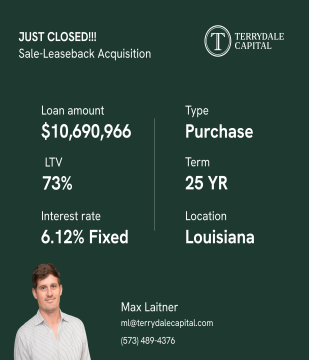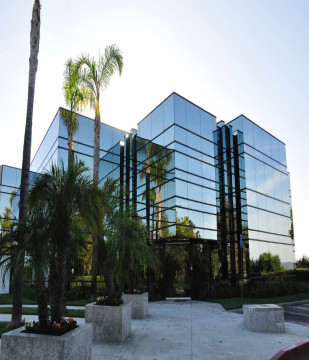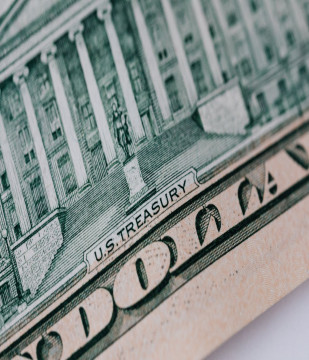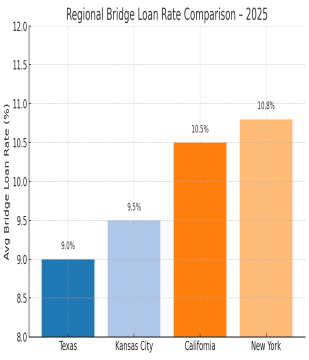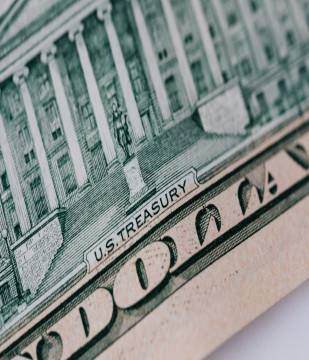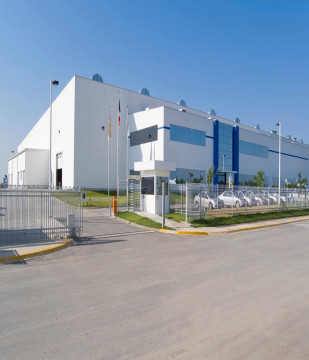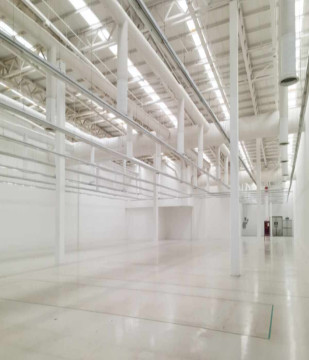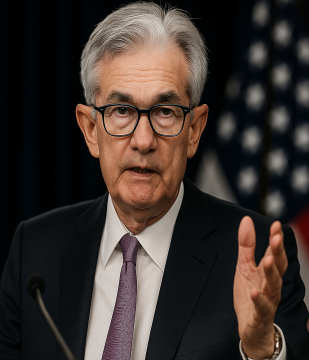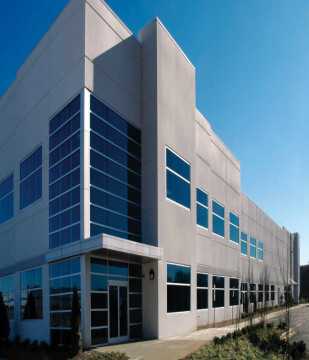Understanding The Major Interest Rate Types in Commercial Real Estate

Terrydale Capital
Mar 11, 2024 6 Min read
 Learn
Learn
In the realm of commercial real estate investment, navigating the landscape of interest rates is paramount. These rates, influenced by various economic factors and indicators, dictate borrowing costs and ultimately shape investment decisions. Among the key interest rates in this sphere are the Secured Overnight Financing Rate (SOFR), Treasury rate, and Prime rate. Understanding their nuances, calculation methods, and implications is crucial for savvy investors looking to optimize their investment strategies.
The Secured Overnight Financing Rate (SOFR)
The Secured Overnight Financing Rate (SOFR) has emerged as a prominent benchmark rate in recent years. It reflects the cost of borrowing cash overnight collateralized by Treasury securities. SOFR is based on actual transactions and provides a transparent view of borrowing costs in the overnight market, making it a reliable indicator of short-term interest rates.
Calculation: SOFR is calculated based on overnight Treasury repurchase agreement (repo) transactions. The New York Fed publishes the SOFR on a daily basis, providing investors with up-to-date information on short-term borrowing costs.
Implications for Investors: For commercial real estate investors, SOFR serves as a benchmark for short-term borrowing costs. It influences adjustable-rate mortgages (ARMs) and floating-rate loans, impacting financing costs for commercial properties. Tracking SOFR trends allows investors to gauge short-term interest rate movements and adjust their investment strategies accordingly.
Treasury Rate
The Treasury rate refers to the interest rate on U.S. government-issued securities, particularly Treasury bills, notes, and bonds. Treasury rates are often regarded as risk-free rates due to the creditworthiness of the U.S. government. These rates serve as benchmarks for various financial instruments and play a pivotal role in determining borrowing costs across different sectors.
Calculation: Treasury rates are determined through auctions conducted by the U.S. Department of the Treasury. The rates are influenced by factors such as economic conditions, inflation expectations, and monetary policy decisions.
Implications for Investors: The Treasury rate directly impacts long-term borrowing costs in the commercial real estate market. Fixed-rate commercial mortgages are typically linked to Treasury rates, with spreads added to reflect credit risk and market conditions. Investors monitor Treasury rate movements to assess long-term interest rate trends and make informed decisions regarding property acquisition and financing.
Prime Rate
The Prime rate represents the interest rate that banks charge their most creditworthy customers for loans and lines of credit. It serves as a benchmark for various lending products, including commercial mortgages and business loans. The Prime rate is influenced by the federal funds rate set by the Federal Reserve.
Calculation: The Prime rate is typically set as the federal funds rate plus a spread determined by individual banks. It is adjusted in response to changes in the federal funds rate and prevailing market conditions.
Implications for Investors: Commercial real estate investors often encounter the Prime rate when seeking financing from banks or financial institutions. Loans tied to the Prime rate may offer flexibility in repayment terms but are subject to fluctuations based on changes in the federal funds rate. Investors should assess the Prime rate alongside other interest rate benchmarks to evaluate the cost of borrowing and optimize financing strategies.
Conclusion
In the realm of commercial real estate investment, interest rates play a pivotal role in shaping borrowing costs and investment decisions. Understanding primary interest rates such as SOFR, Treasury rate, and Prime rate is essential for investors seeking to navigate the complex landscape of financing options. By monitoring interest rate trends, calculating potential borrowing costs, and assessing market conditions, investors can devise informed strategies to maximize returns and mitigate risks in the dynamic commercial real estate market. At Terrydale Capital, we are constantly on top of the latest market changes and emerging trends in order to secure the most competitive financing opportunities available for our clients. When you need the right team behind your commercial real estate investment, contact us today!
Partner With Terrydale Capital for Your Debt Financing Needs
When it comes to debt financing, understanding the right timing, process, and options is crucial. At Terrydale Capital, we provide a comprehensive range of commercial loan solutions tailored to meet your business's unique needs.













